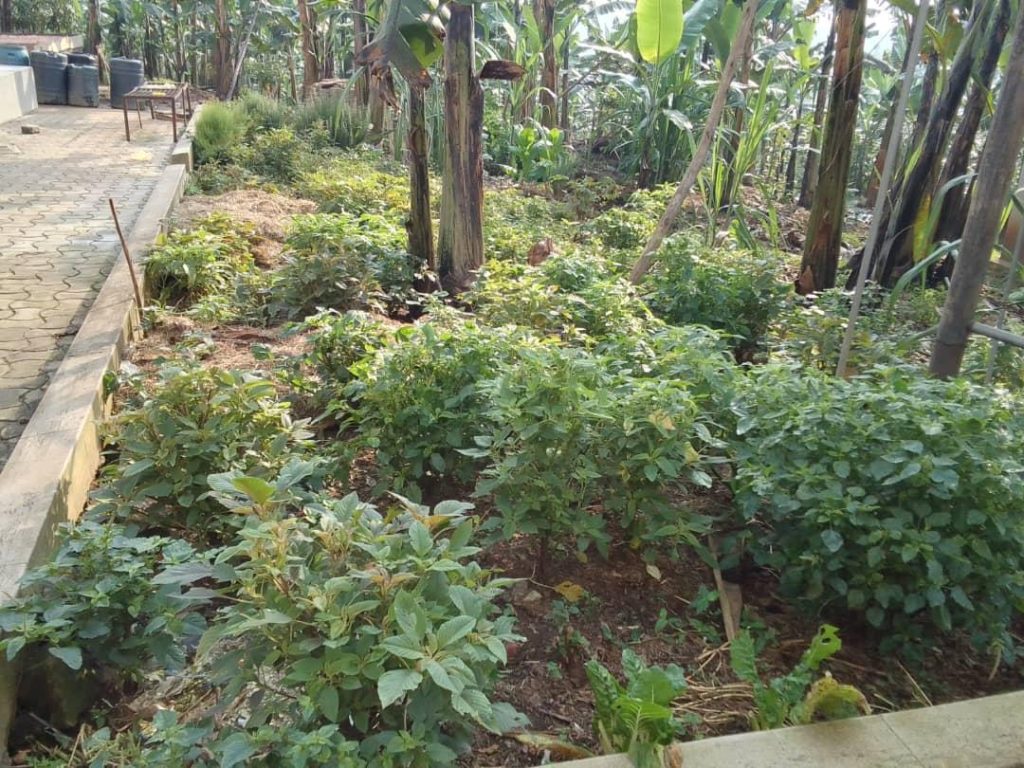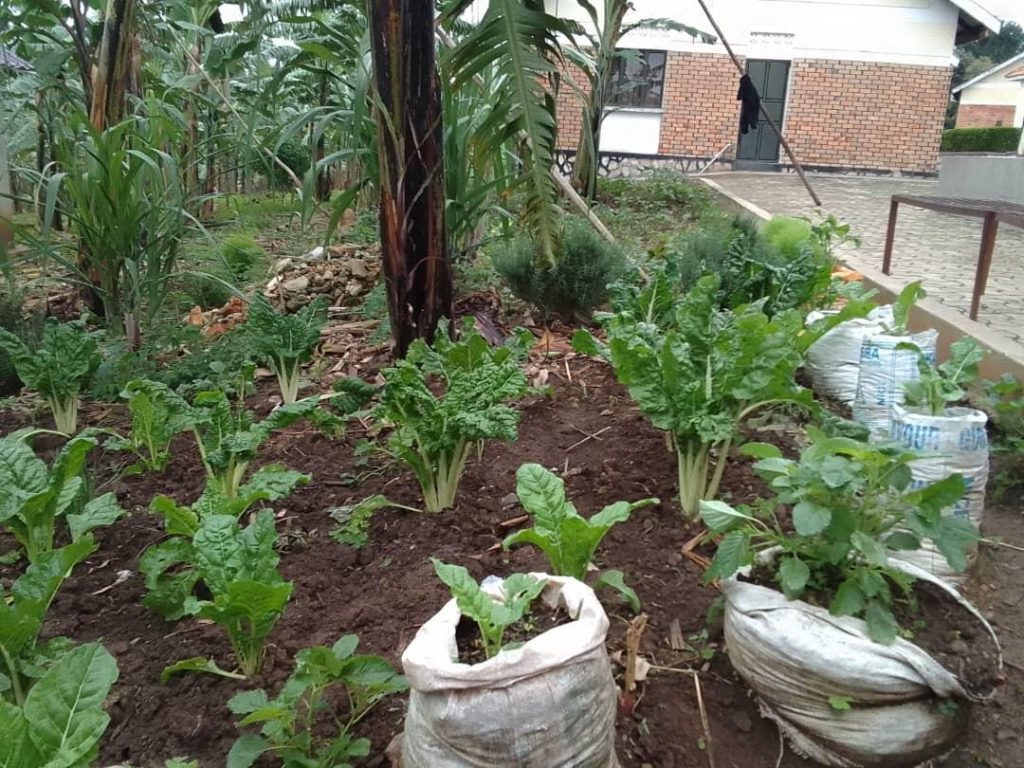
Through our interventions in nutrition education schools like Kyeizooba Primary among others is leading a quiet revolution. We have ensured that they are harnessing the power of nutrition education through the establishment of demonstration gardens. These gardens serve not only as a source of supplementary school meals but also as dynamic learning environments for students.
Nutrition education is an essential aspect of promoting healthy eating habits among young learners. By understanding the importance of balanced diets and how to grow their own food, students are empowered to make informed choices that benefit their long-term health and well-being.
At Kyeizooba Primary School, the demonstration gardens are a thriving testament to the effectiveness of hands-on learning. Hprw has ensure through school administration that these gardens provide students with the opportunity to engage in practical agricultural activities, reinforcing lessons learned in the classroom. The headteacher of Kyeizooba Primary School proudly remarks, “Our students not only learn about nutrition but also actively participate in growing the food that supplements their school meals. It’s a holistic approach to education that benefits the entire school community.”
The demonstration gardens serve as a living laboratory, where students can observe the life cycle of plants, understand the importance of sustainable farming practices and appreciate the value of hard work and patience. We advocate that teachers at these schools with our interventions integrate the garden activities into their curriculum, allowing students to apply scientific principles in real-world scenarios. For instance, lessons on plant biology and ecology are brought to life as students tend to the gardens, observing the growth and changes in their crops.
One of the most significant advantages of these gardens is their contribution to the school meals program. Fresh vegetables and fruits grown by the students are used to supplement the school’s food supply, ensuring that meals are nutritious and diverse. This hands-on experience not only enhances the students’ understanding of where their food comes from but also instills a sense of responsibility and pride in their contributions.
The success of these demonstration gardens extends beyond the school grounds. Local communities are also involved, with parents and community members often lending a hand in maintaining the gardens. This collaboration fosters a sense of unity and shared purpose, as everyone works together to promote better nutrition and education for the children.
Beyond nutrition, the gardens also have a broader impact on students’ health. Engaging in gardening activities provides physical exercise, which is essential for maintaining a healthy body. The physical activity involved in planting, weeding, and harvesting helps students develop strength, coordination, and endurance. Additionally, spending time outdoors in the gardens encourages a connection with nature, which can reduce stress and improve mental well-being.


The demonstration gardens in these schools are more than just plots of land; they are fertile grounds for cultivating knowledge, health, and community spirit. By integrating nutrition education with practical gardening experience, these schools are nurturing a generation of students who are informed, responsible and equipped with the skills to lead healthier lives.
In the words of Kyeizooba’s Agriculture teacher, “Our gardens are a symbol of growth, not just of plants, but of young minds ready to bloom into knowledgeable and healthy adults.”.
